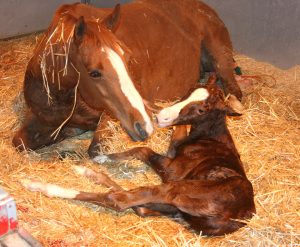
Course Sponsors:
– Animal Reproduction Systems
– Foalert
– Merck Animal Health
Foaling and Foal Care
This course is designed to provide horse owners, broodmare managers and foaling attendants an overview of normal foaling, dystocia, routine care of the newborn foal and other important topics. The overall goal is to provide personnel that will be responsible for attending pregnant mares through the birth process with guidelines for normal events, when to call for additional on-farm help and when to call for veterinary assistance.
Registration Fee: $50
CE Note: There are no continuing education credits offered for this course.
Course Description
The specific goals of the course are to provide practical information on care of the late-term pregnant mare, how to predict impending foaling, the normal series of events during an uneventful foaling, early recognition of a dystocia plus when/how to intervene and when to call for assistance, how to stimulate breathing to resuscitate a foal following birth, how to evaluate an equine placenta and recognize important abnormalities, review post-partum complications of the mare, discuss how to provide routine care to a newborn foal, outline common medical problems of neonatal foals, and review developmental milestones that occur during the first year of a foal’s life. This course is designed to provide foaling attendants with critical information needed to make appropriate decisions in difficult situations that will hopefully lead to a positive outcome regarding the health and well-being of both the mare and her newborn foal.
There is no prerequisite for this course.
Course Sections
- Care of the pregnant mare
- Prediction of foaling
- Normal foaling
- Dystocia management
- Dystocia management – A video tutorial
- ‘On-Farm’ foal resuscitation
- Placenta evaluation
- Post-partum issues
- Routine care of the newborn foal
- Medical problems of foals
- The first year of life
Instructors
Patrick McCue, DVM, PhD, DACT
Dr. McCue graduated from veterinary school at the University of California, Davis, in 1986. He subsequently completed an Internship in Large Animal Medicine and Surgery at the University of Pennsylvania and a Residency in Equine Reproduction at the University of California, Davis. He became a Diplomate of the American College of Theriogenologists in 1991 and received a PhD in Comparative Pathology, with an emphasis on reproductive endocrinology and ovarian pathology in the mare, from UC-Davis in 1992. Dr. McCue joined the faculty at Colorado State University in 1994 where he is currently the Iron Rose Ranch Professor of Equine Theriogenology. In his free time, he hikes in the mountains of Colorado with his family and attempts to catch trout by fly fishing.
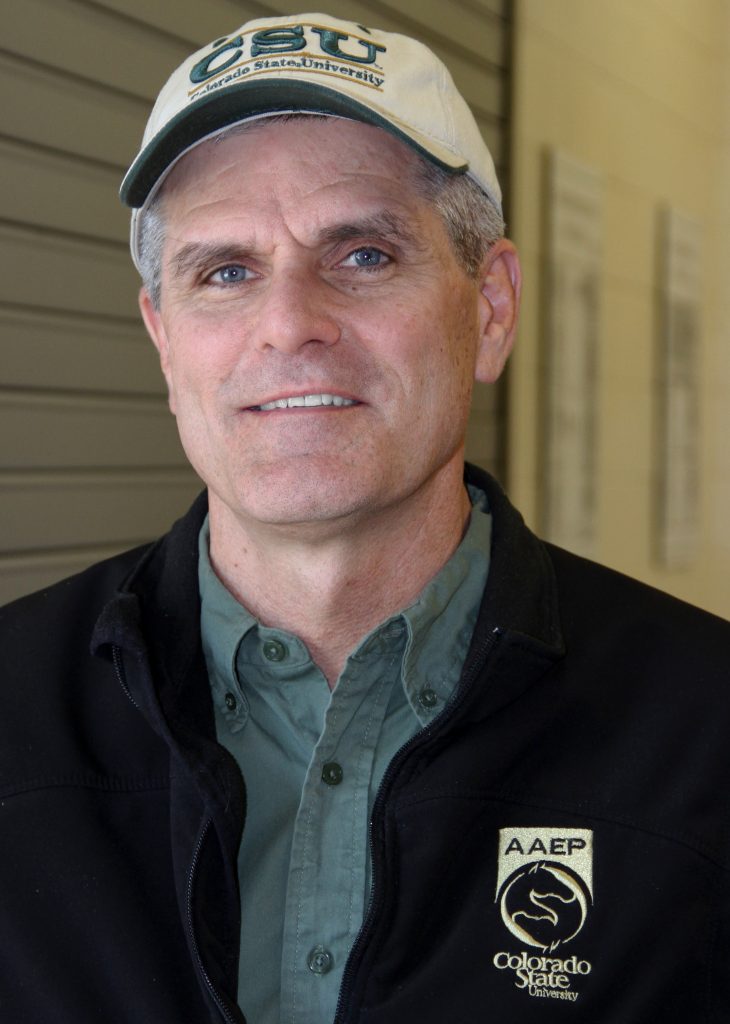
Dr. Jenn Hatzel, DVM, MS, DACT
Dr. Hatzel is originally from Katy, Texas and attended Texas Tech University. Her Doctor of Veterinary Medicine degree is from Western University of Health Sciences. Upon graduation, she completed a variety of professional development experiences throughout Ocala, Florida and Lexington, Kentucky. She subsequently obtained a Master of Science degree from the University of Florida and completed a Residency program in Equine Theriogenology from Colorado State University. She achieved board certification with the American College of Theriogenology in 2013 and then began to focus on equine assisted reproduction became a faculty member at CSU in 2017. She lives on a small farm with her husband, three children and various farm animals.
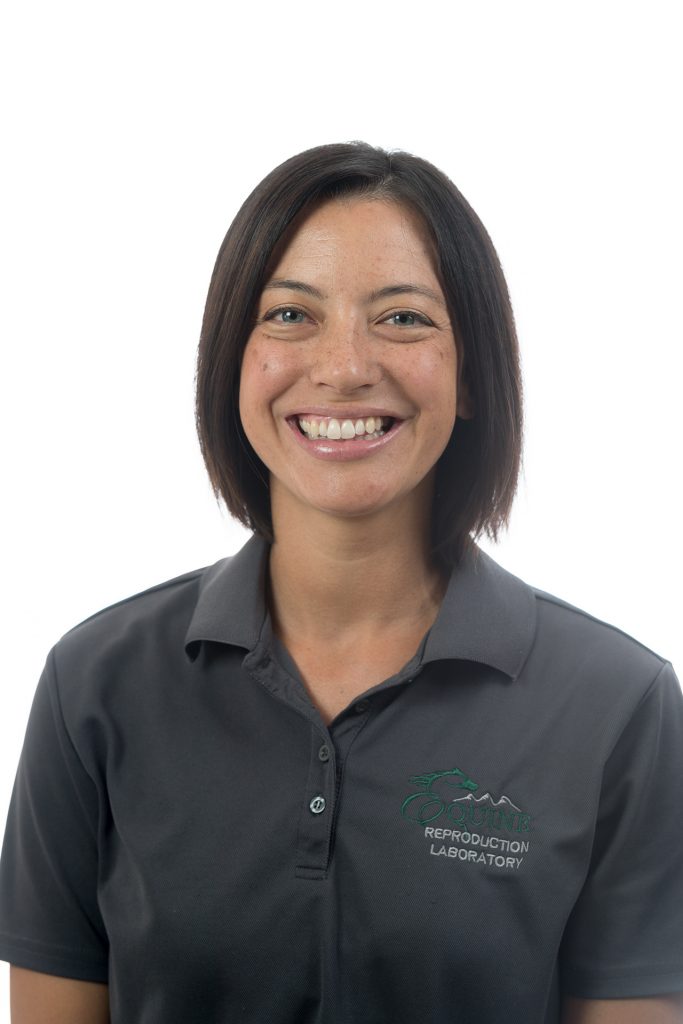
Educational Partners:
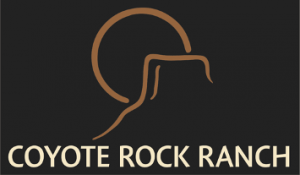 |
Coyote Rock Ranch | coyoterockranch.com |
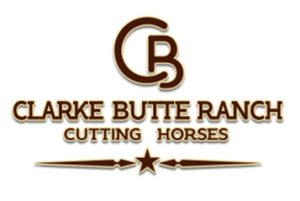 |
Clarke Butte Ranch | clarkebutteranch.com |
course sponsors:
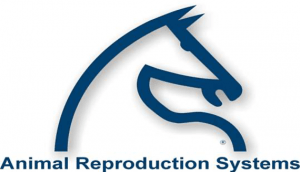 |
Animal Reproduction Systems | www.arssales.com |
 |
Foalert | www.foalert.com |
 |
Merck Animal Health | www.merck-animal-health-equine.com |



